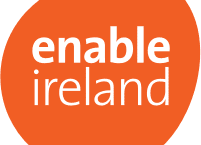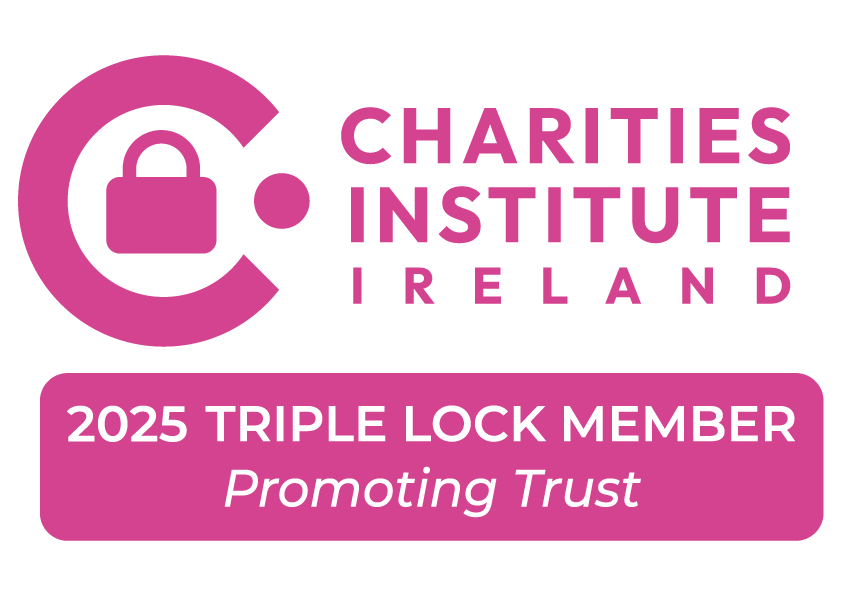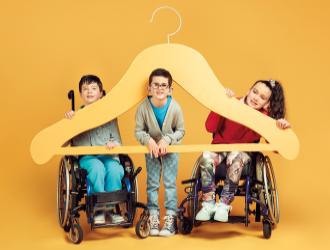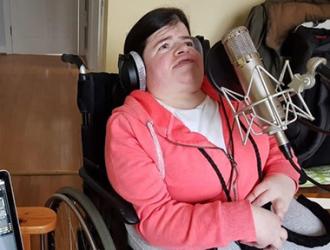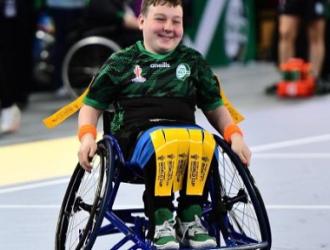Mid Kildare Children's Disability Network Team
Provides services for children aged from birth to 18 years with complex needs who live in the areas of Naas, Punchestown, Coill Dubh, Prosperous, Kilmeague, Allen, Allenwood, Donadea, Timahoe, Cooleragh, Robertstown, Rathcoffey, Russellstown, Clane, Sallins, Caragh, Johnstown, Osberstown, Blacktrench, Thomastown, Blessington, Ballymore Eustace, Kill, Kilteel, Two Mile House, Rathmore and Eadestown.
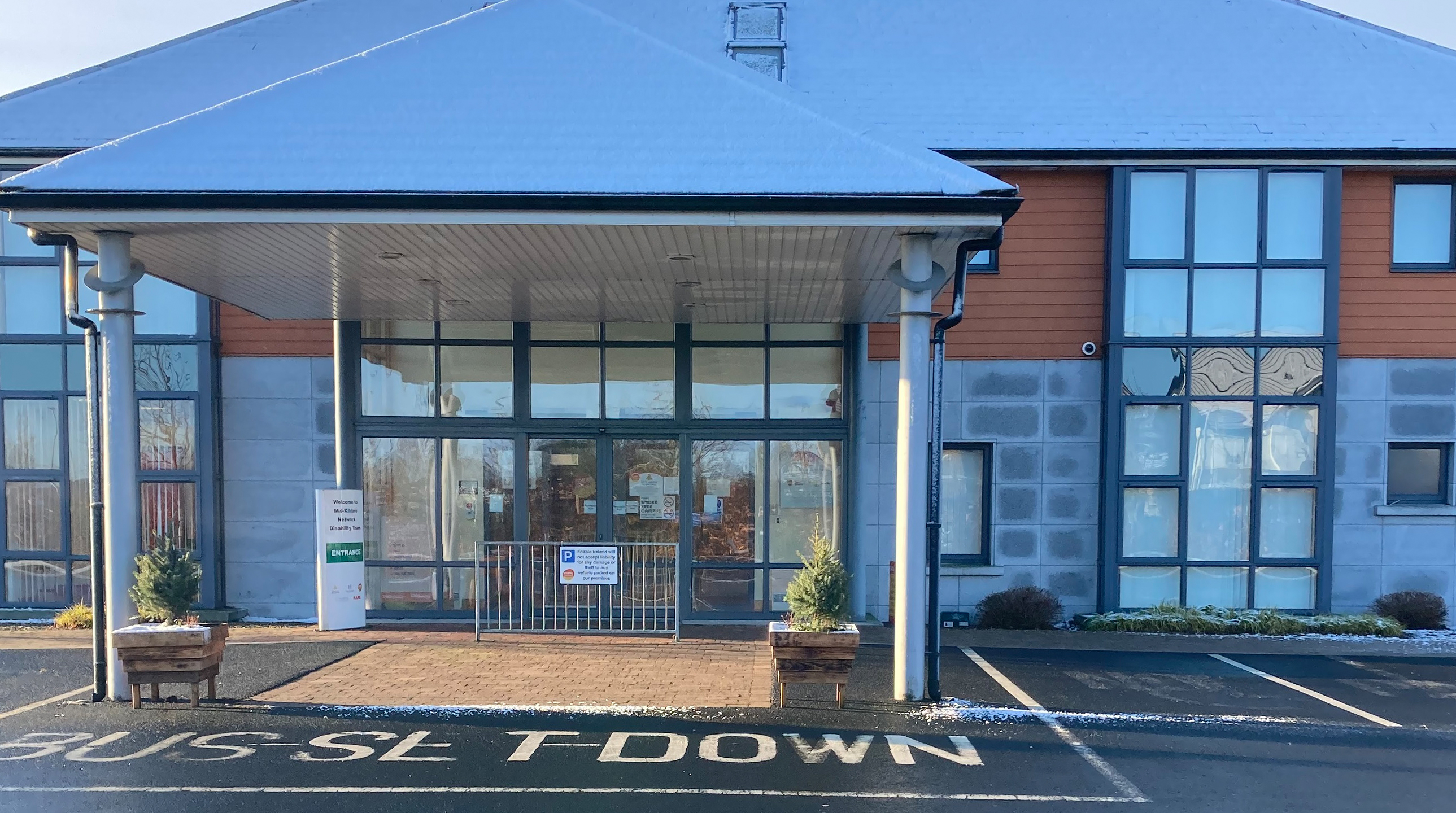
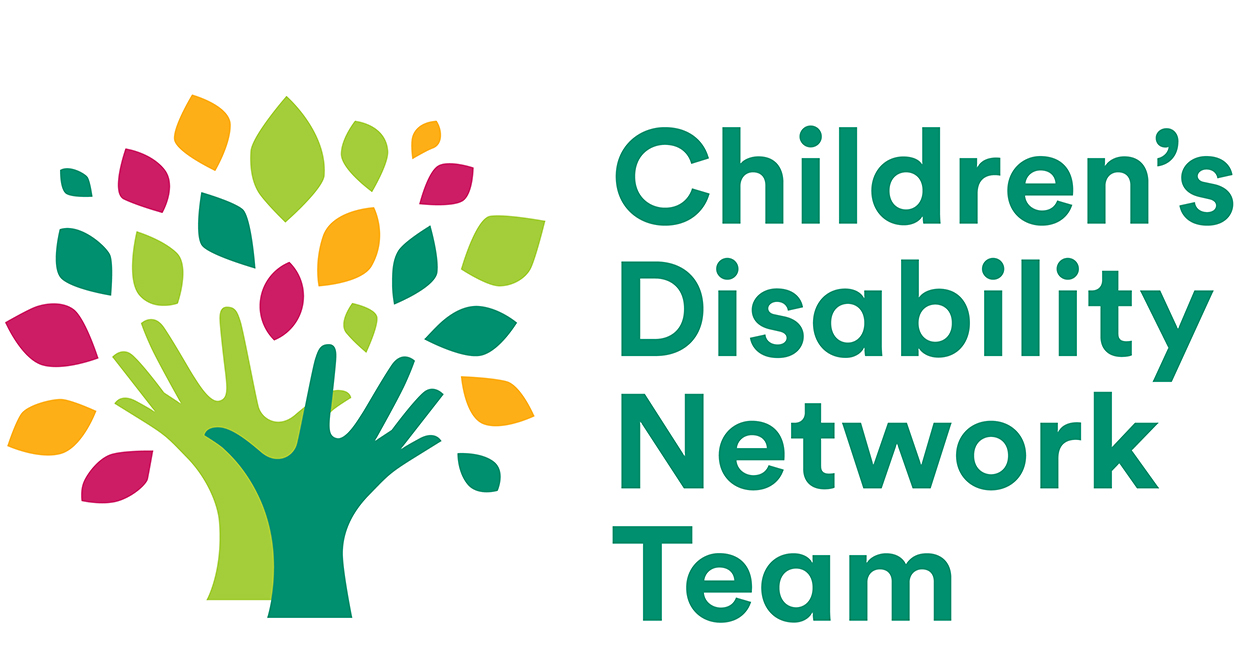
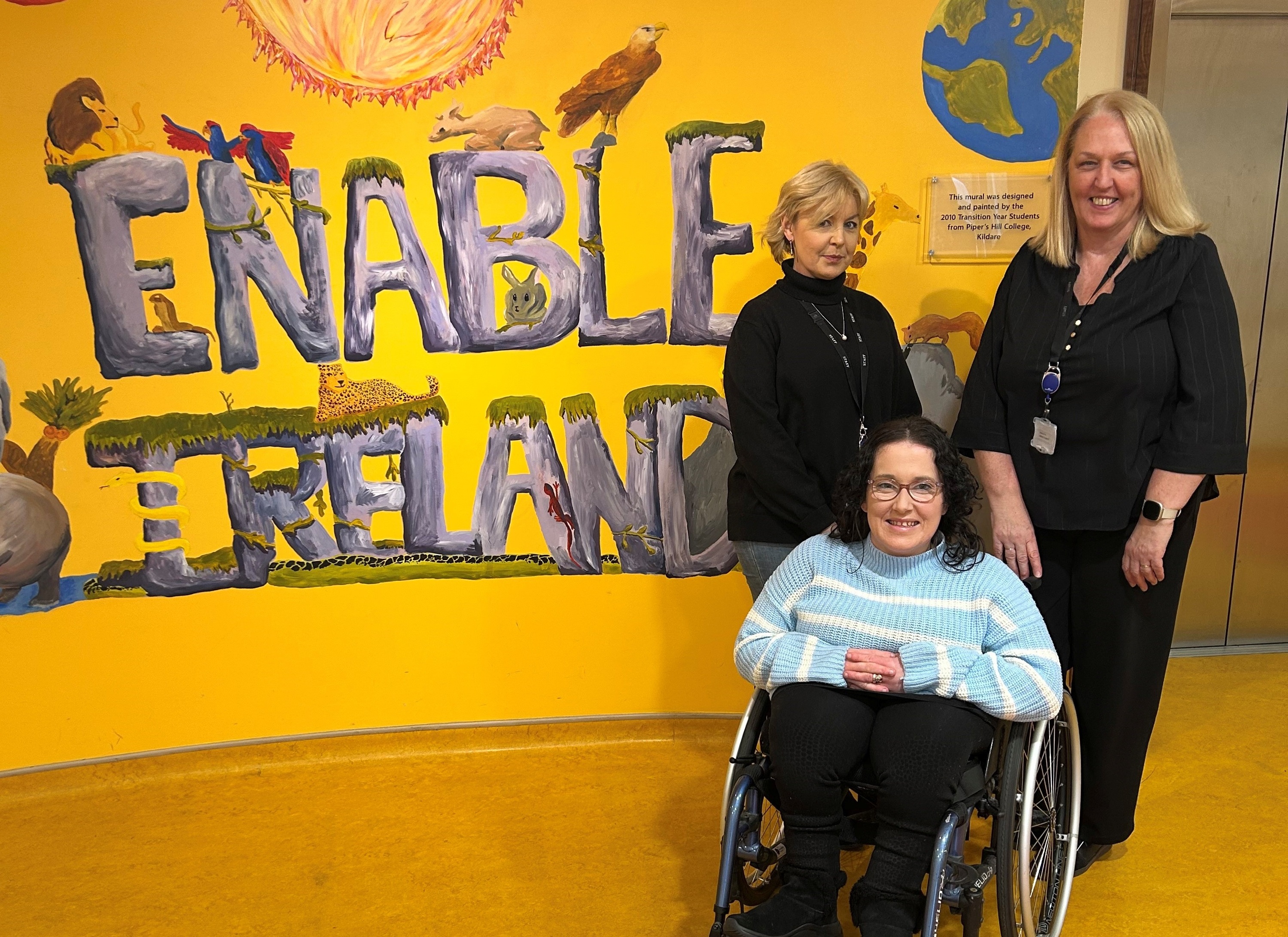
Read the MidKildare CDNT newsletter for parents
We have compiled a list of links to resources for parents, young people, children and families living in Kildare.
Enable Ireland is lead agency for the Children's Disability Network Team in Jigginstown, Kildare. Children’s Disability Network Teams have been set up across the country as part of the National Progressing Disability Services (PDS) Programme. This programme aims to achieve a national unified approach to delivering children’s disability services. The central focus of this programme is to provide one clear pathway to services for each child with complex needs and their family, within their local area.
We deliver our services within a social model and provide an integrated, accessible and co-ordinated service in partnership with the children using our services and their families. We aim to offer support that is family-centred, by:
- treating families with dignity and respect.
- providing families with information that allows them to make informed decisions and choices.
- including active family involvement in identifying and accessing resources and supports.
- being responsive and flexible to family requests and desires within available resources.
We provide support across a range of settings depending on family priorities. This can include settings like our centre, family homes, community locations and children’s pre-schools or schools.
Our service is interdisciplinary meaning that team members from different professions work together with children/ young people and their families on common goals.
The Ripple Effect is a group which caters for children and teens with Aspergers, Dyspraxia, ADHD or simply those who for whatever reason find mainstream activities daunting. Our activities are run in small groups in a safe and understanding environment, where the child is encouraged to join in but at their pace.
FAQs
Children aged from birth to 18 years may be referred for services.
If you have a concern about a child’s development, ‘Children’s Services Referral Form’ can be completed by parents/legal guardians, health and social care professionals, GPs, education professionals, assessment of need officers or case managers. The completed forms can be sent to their local Children’s Disability Network Team. It is essential that signed parental consent is recorded on the referral form.
A referral can be made by a healthcare professional. Or you can make the referral yourself.
To do this:
- Complete the Children’s Services Referral Form (PDF, 106 KB, 11 pages)
- Complete an Additional Information Form for your child
The Additional Information Form lets you describe your child and what your concerns are. It will help to refer them to the right service for them.
Complete the Additional Information Form for children aged:
Children aged from birth to 18 years with complex needs who live in the areas of Naas, Punchestown, Coill Dubh, Prosperous, Kilmeague, Allen, Allenwood, Donadea, Timahoe, Newcastle, Cooleragh, Robertstown, Rathcoffey, Russellstown, Clane, Sallins, Caragh, Johnstown, Osberstown, Blacktrench, Thomastown, Blessington, Ballymore Eustace, Kill, Kilteel, Rathcoole, Two Mile House, Rathmore and Eadestown.
Services are delivered through an Interdisciplinary Team. This is a group of different health professionals that work together and in partnership with the child and their family. The child and family are key members of this team. Depending on a child’s need, members of the child’s team may include physiotherapy, occupational therapy, speech and language therapy, psychology and social work. There are other disciplines on the team that can be accessed if a need is identified.
The team will provide supports for the child across a variety of settings including the home, education settings such as pre-school or school, community settings or within the CDNT centre.
The CDNT’s operate through a Family-Centred Practice model. This is an approach that focuses on the whole family and not just the child requiring support. It ensures that the family's priorities are considered when settling goals with the family.
All families that have a child attending the CDNT will have a keyworker. The keyworker will be named contact and act as a link between the family and the team. They will support families with any queries they may have about their service.
All families attending the CDNT will have an Individual Family Support Plan (IFSP). This is an agreed plan that identifies the child and family’s goals and priorities. The IFSP will also describe supports needed to achieve these goals. The IFSP looks at and documents the child’s strengths and achievements since the last plan was completed. As children grow and develop the goals on their IFSP will change with them.
Mid Kildare Children's Disability Network Team
Naas,
Co. Kildare.
W91 V990
